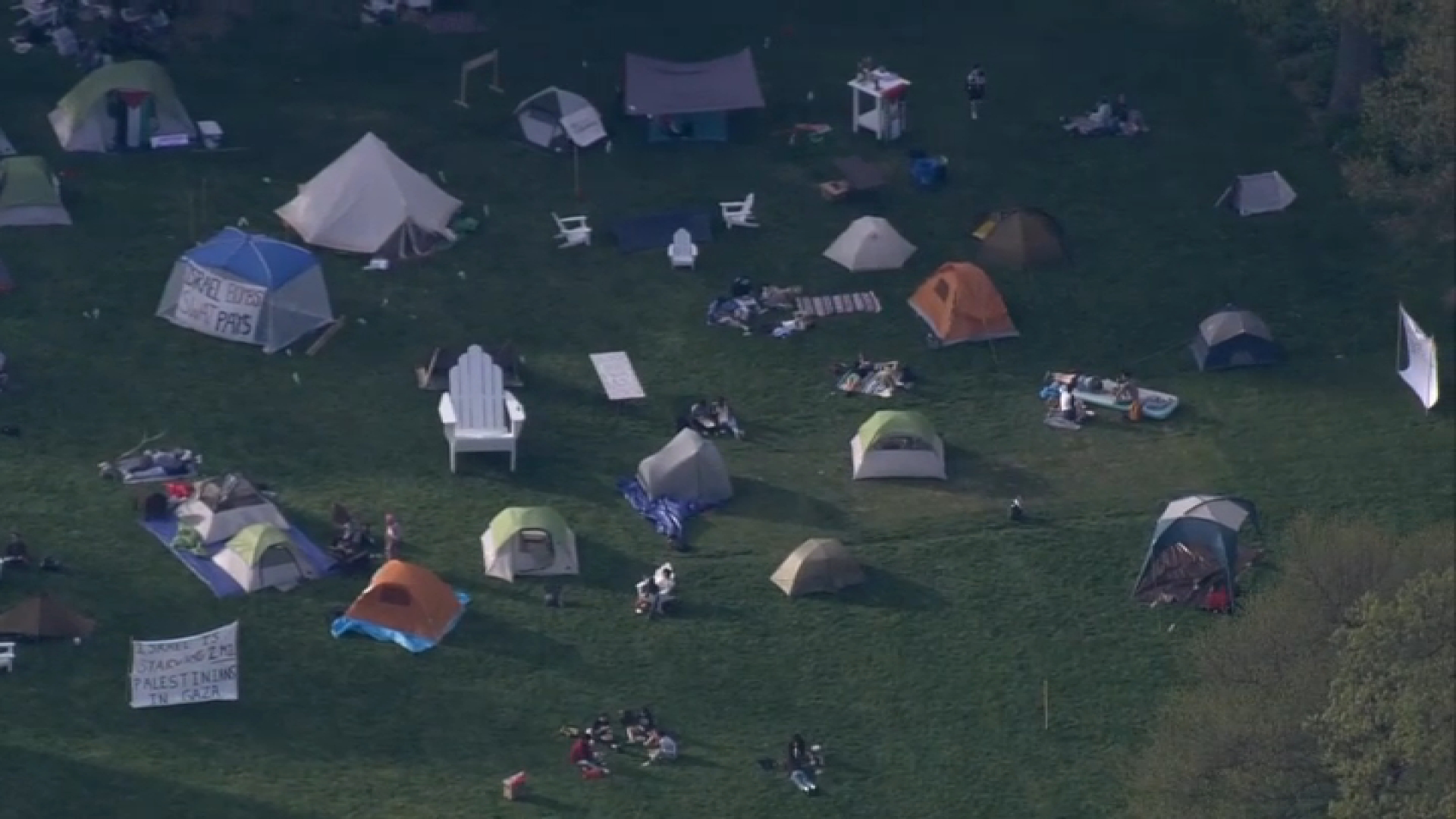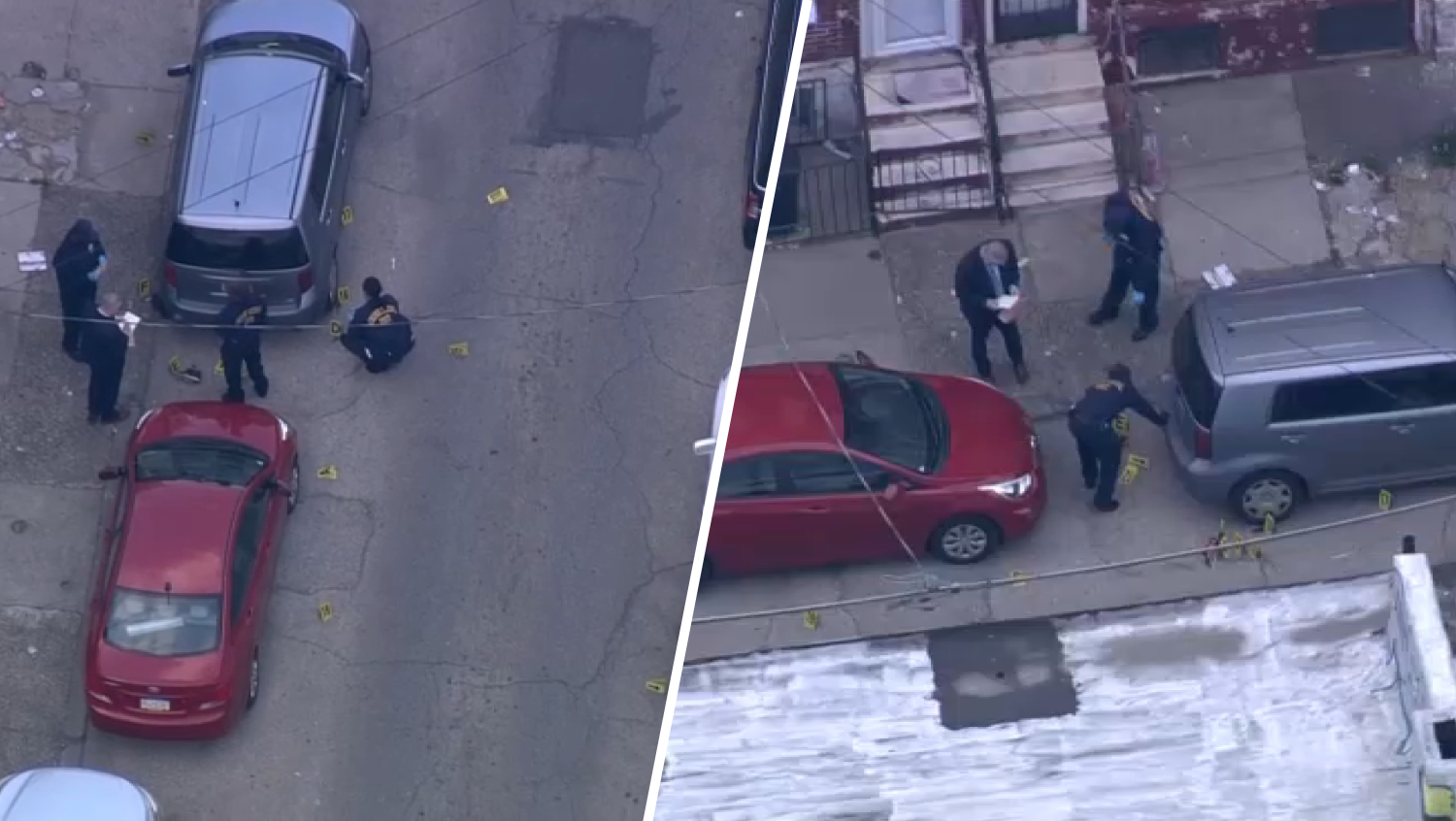Pennsylvania counties are pushing state lawmakers to increase fees on phone customers that largely fund the state's 911 centers, warning of financial chaos if they fail to act.
A bill to increase telephone surcharges for 911, currently $1 to $1.50 per month, was being introduced Friday and was expected to get the symbolic number of House Bill 911. It would take the fee to a flat $1.65, less than the $2 the counties' association wants, and make significant revisions to the 25-year-old 911 Public Safety Emergency Telephone Act.
"The law was written piecemeal fashion as new technologies arose," said Doug Hill, executive director of the County Commissioners Association of Pennsylvania. "We did a big amendment on wireless, and we did a big amendment for voice and we did a fairly big amendment for prepaid wireless. And so the law right now collects the fees three different ways, puts them in three different funds."
Hill said a more unified law would be simpler to administer and make it easier to adapt to evolving technology.
The state would collect and distribute the fees according to a formula that would take into account population, call volume and other factors. The bill would set standards across county lines and encourage cooperation, among other things.
Ten years ago, the fees amounted to $173 million of the $192 million in allowable costs the counties were spending to run the centers, the rest paid for with property taxes. By last year, the fees were bringing in $188 million but the total cost had risen to $292 million.
A large component of those fees, from wireless customers, will expire at the end of June if the General Assembly does not act.
Local
Breaking news and the stories that matter to your neighborhood.
The popularity of cellular phones, while bringing in monthly fees, has also been expensive, requiring counties to purchase costly "enhanced 911" equipment to locate the source of cellphone calls for help. It has also created an influx of calls from motorists and others to report emergency situations.
A legislative study three years ago concluded the fees now cover only about 71 percent of the cost, and estimated a monthly fee to fully fund it would be between $1.72 and $2.58.
The proliferation of wireless and voice-over-Internet protocol phone customers, who pay less than traditional hard line phone users, and the gradual reduction in the number of those traditional phones, also has eaten away at the revenue that counties use to build, maintain and upgrade 911 technology.
The bill's sponsor, Rep. Stephen Barrar, plans a vote next week in the House Veterans Affairs and Emergency Preparedness Committee that he chairs. He said that at $1.65, the fee should help counties accumulate a modest surplus to fund future costs. It would bring total 911 fee revenue to about $300 million.
"A $2 increase would generate about a $100 million surplus," said Barrar, R-Delaware. "I worry about the effect it would have on government when we start to build surpluses of that magnitude. There are people in government who say, we have a $100 million surplus, we have to spend it."
Barrar said he hopes to send a bill over to the Senate by the end of April. Senate Republican spokeswoman Jennifer Kocher said her members were aware of the deadline and optimistic they can get something passed before the wireless fee authorization ends June 30.
Verizon spokesman Lee Gierczynski said the utility generally supports the bill but thinks $2 a month is too high. Their analysis indicated that simply replacing the various fees with an across-the-board levy that did not increase revenues would be at about $1.04. Verizon supports a $1.25 rate, he said.



